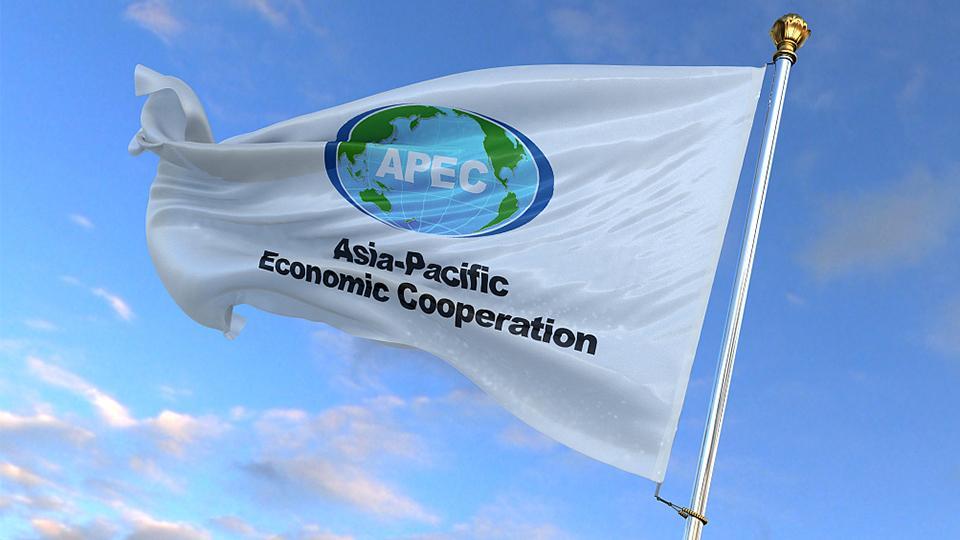Original article: Chile será sede de APEC: ¿Qué implica esto para el país?
Chile to Host APEC Summit in 2032
During the second day of leaders’ meetings at the Asia-Pacific Economic Cooperation (APEC) forum in Gyeongju, South Korea, it was officially announced that Chile will be the host country for the APEC summit in 2032. As reported by 24 Horas, the confirmed schedule of host countries includes China (2026), Vietnam (2027), Mexico (2028), Singapore (2030), Japan (2031), Chile (2032), Papua New Guinea (2033), and Peru (2034). This designation once again positions Chile at the forefront of global economic diplomacy.
During his speech at the event, led by South Korean President Lee Jae-myung, the Chilean president highlighted two key pillars for the future: integrating women into the workforce and leveraging artificial intelligence to transform commerce, as noted by 24 Horas.
These statements align with the official declaration of the forum, which emphasized a shared commitment to «strengthen the economic integration of the Asia-Pacific region» and acknowledged «the potential of artificial intelligence to reshape the world’s economies.»
APEC Episode in Chile 2019
This announcement recalls a recent chapter in the nation’s history. In October 2019, amid social unrest, former President Sebastián Piñera announced that Chile would not host the APEC summit or COP-25, events scheduled during his administration.
The decision was made due to the deep social and political crisis the country was experiencing, which made it impossible to guarantee the security and normalcy required for such significant events.
Critical Perspectives:
Against the backdrop of official and business optimism, there are voices warning about the implications of the APEC model. This forum, identified as the main platform for trade liberalization in the Asia-Pacific region, is viewed by some critics as a driver of neoliberalism. Indigenous leader Robert Guimaraes from Peru harshly criticized it back in 2008, stating: «APEC is synonymous with plunder, over-exploitation, and violations of the territories and natural resources of the people. […] it is one of the most sinister faces of neoliberalism.» Such perspectives indicate that APEC’s policies often prioritize the interests of transnational corporations.
The link between APEC and economic power is direct. An example is the appointment in June 2018 of Bernardo Larraín Matte, president of SOFOFA and a major shareholder in companies like CMPC and Colbún, as an alternate member of the APEC Business Council. The forum aims to «intensify the reduction of trade barriers» and advance the Asia-Pacific Free Trade Area, prioritizing infrastructure integration projects like IIRSA, promoted by the IDB, which have been criticized for their impact on territories and communities.
Chile’s designation as the host for 2032 reignites the debate between the opportunity to project the country as a hub for investment and technological cooperation versus the concerns that this will aggravate an extractive model and commercial liberalization at the expense of social and environmental justice. The summit will be presented as a showcase for development, while dissenting voices will insist on the need to monitor that benefits do not reinforce inequalities or infringe on rights.




